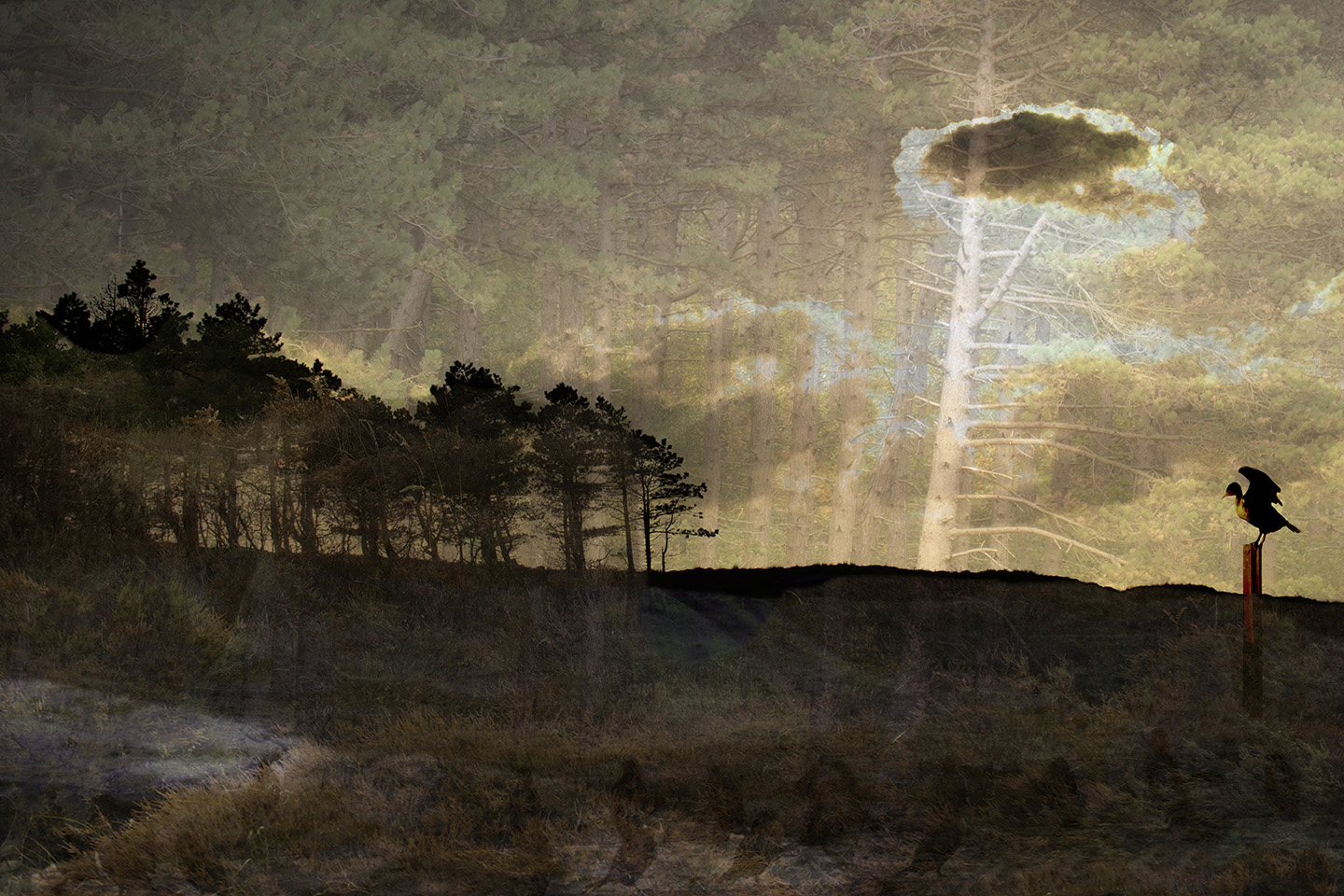Die Moor Soldaten
· Peat Bog Soldiers ·
“Hope will never be silent.” – Harvey Milk
Robert Pinsky once said that many of the poems by Polish poet Adam Zagajewski are “about the presence of the past in ordinary life: history not as chronicle of the dead, or an anima to be illuminated by some doctrine, but as an immense, sometimes subtle force inhering in what people see and feel every day—and in the ways we see and feel.” (Zagajewsky’s work is intensely copyrighted since his death three years ago, so here is a link to one of his most famous poems, Try to praise the Mutilated World, which encouraged hope and believed in the return of light after darkness.)
I have been thinking that it is certain pieces of music that inject the past into my own, ordinary present, affecting how I feel and see things, a past that was formative in dealing with the history of my own origins and era.
One of the focal points of coming of age in the Germany of the 1960s was, of course, the working through the Holocaust as our responsibility as one of the first post-war generations. There was, at that time, little to go by. Our parents, who had participated in the war and/or the fascist horrors, or had been victimized by either, were shocked into silence by shame or guilt or trauma, or all of the above. The country, at the time, did not want to look backwards, but rather forwards and so institutions did not exactly educate about the history or engage in a memorial culture for the victims. (That has changed in the intervening decades in impressive and encompassing ways, although there is certainly room for doubt how far true remorse and willingness to accept responsibility has come. A topic for another day.)
For those of us growing out of the post-war gloom and rebelling against a society bent on economic achievement, conservative alliances and new wars, protest music became an important tool to learn about the past and envision a future without war and oppression. The music was widely performed, at demonstrations, during gatherings, on May Day and so on. One that lodged deeply in my head was a song created in 1933 by inmates in one of the very first Nazi labor camps, Emsland Lager, filled with political prisoners, mostly socialists, communists and union members.
The Peat Bog Soldiers was written by a miner, Johann Esser, and an actor, Wolfgang Langhoff. Music was composed by Rudi Goguel, and sung through the next decades by Ernst Busch, a famous German musician, and eventually picked up as an anthem by the International Brigades in the Spanish Civil War. 16 members of a workers’ chorus performed it for the first time in August 1933 in the camp, having over a thousand of the inmates join the chorus, once they picked up the melody. The song describes the harsh labor in the camps, a life where nature has fallen cold and silent, the inevitability of death if you try to escape, and the intense longing for home and loved ones. At the end the performers stuck their spades into the ground, that now looked like a graveyard of crosses.
The very last stanza, though, expresses hope: winter and darkness cannot last forever, and at some point there will be a return to home. I think what registered most for me was the fact that hope could not be eradicated even during the worst of human experiences, a shared sentiment that bonded those thousands of doomed souls. Maybe I locked onto that because it was easier to think about than the despair contained in the remaining stanzas or my association with the perpetrators. Or maybe because I knew that I need to fight a tendency to be fearful, then and now. In any case the song has remained with me through a life time.
Here is the English translation:
Wherever the eye gazes
Bog and heath all around,
No chirping of birds entertains us.
Oaks are standing bare and crooked.
Refrain:
We are the peat bog soldiers,
And we’re marching with our spade into the bog.
We are the peat bog soldiers,
And we’re marching with our spade into the bog.
Here inside this barren marshland,
the camp is built up.
Where we are, far from any joy,
stowed away behind barbed wire.
Refrain
In the morning, the columns march
towards the moor to work
digging under the searing sun.
but our mind toward our homeland yearns.
Refrain
Homeward, homeward everyone yearns
to the parents, wife and child.
Some chests are widened by a sigh,
because we are caught in here.
Refrain
Up and down the guards are walking
Nobody, nobody can get through.
Escape would only cost the life
Four fences secure the castle.
Refrain
But for us there is no clamoring,
It can’t be an endless winter.
One day we’ll say happily:
“Homeland you are mine again!”
Refrain
The montage reflecting on this piece of music, from the series Beyond the Tree Line, is primarily based on a photograph I took during sunset in the heath of Lower Saxony, the state where the camp was located, about 2 hours away from my grandparents’ village. I added the cormorants because they are essentially silent birds (the absence of birdsong so prominent in the first stanza), hang out in groups like the inmates, but also represent the guards ensuring no escape – dual roles that can be switched in history in the blink of an eye, with victims becoming perpetrators and vice versa, as we see all too clearly in the wars of 2023/24.
I pierced the cloud, covering the setting sun, in honor of those who still believe in the return of the light, reminding myself to focus on silver linings rather than the darkness that descends.

Here is the German version of the song and here the music in English, song by Paul Robeson.
